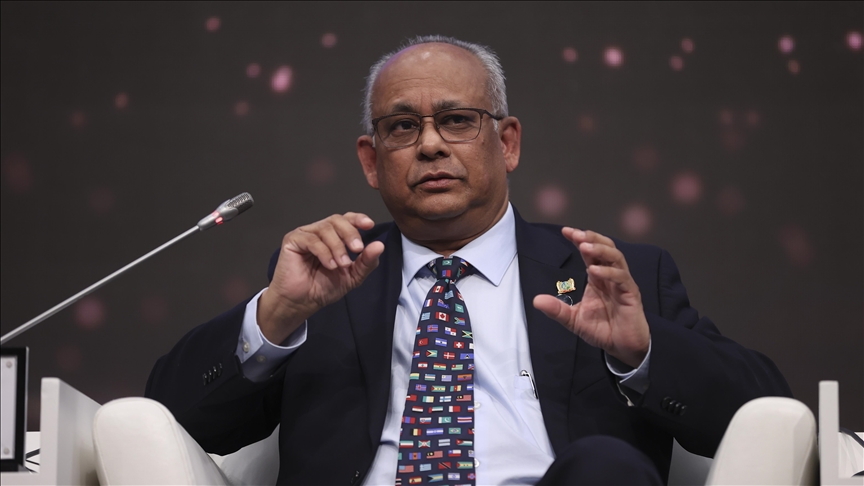On March 10, Albert Ramdin from Suriname was elected as the new Secretary-General of the Organization of American States (OAS), marking a significant shift away from the Trump-era direction. This change is seen as a pushback against the U.S.’s influence in Latin America, with Ramdin’s election coming as a result of opposition to U.S. policies.
Initially, Paraguay’s Foreign Minister Ruben Ramirez Lezcano was considered the front-runner, especially after gaining strong backing from the Trump administration. However, his campaign faltered as many Latin American countries, including those from the Caribbean and South America, rallied behind Ramdin. This coalition, opposed to Trump’s approach, ultimately led to Ramirez Lezcano withdrawing, with Ramdin receiving support from 28 out of 32 voting nations.
Experts view the election as a direct response to Trump’s policies, which many in the region found controversial, such as his tariffs, remarks on the Panama Canal, and immigration stance. These actions spurred countries like Colombia and Brazil to seek a change in leadership at the OAS.
Ramdin’s win marks a historical first, as he becomes the first Caribbean representative to lead the OAS. He takes over from Luis Almagro of Uruguay, who had served since 2015. Ramdin, who has extensive experience with the OAS, having served as Assistant Secretary-General from 2005 to 2015, is known for his diplomatic, consensus-building approach. His leadership is expected to focus on fostering dialogue and unity among member states, a stark contrast to the confrontational style of his predecessor.
Almagro, during his tenure, was highly critical of Venezuela’s government, which led to that country’s decision to withdraw from the OAS. In contrast, Ramdin has emphasized the importance of regional cooperation and has already called for a united approach to tackle the hemisphere’s challenges.
Under Ramdin, the OAS is expected to work on strengthening ties between Latin America, the EU, and other global powers like China, countering the U.S.’s “America First” policies. His leadership could shift the balance of influence in the region, especially as he seeks to bring back a sense of multilateralism to the organization.
